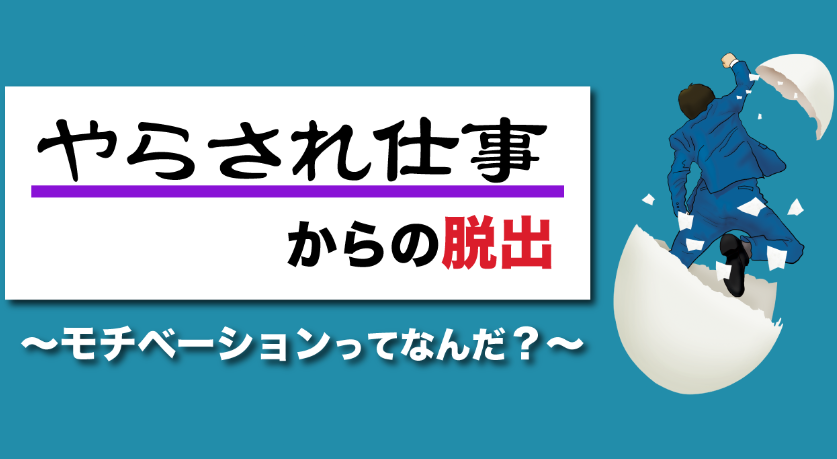させられる・せられる (saserareru serareru) Meaning Japanese Grammar - To Be Made To Do Something
Anna Baffa Volpe
Get in touch with meThe forms させられる and せられる (saserareru serareru) are translated I am made to do, I am forced to do.
The subject A of the sentence is forced, compelled by B to perform a certain action.
させられる and せられる represent 2 suffixes that create in Japanese the causative-passive form used in common language and which you can also read or hear on TV, e.g. in news reports.
In this post we will see how verbs are formed with させられる and せられる and the 2 main uses of the form through sentences of everyday use.
How to use させられる and せられる
The form we will study and review today is the causative-passive form from the Japanese term 使役受身 and as the term expresses it joins the suffixes of the causative form せる / させる with those of the passive form れる / られる.
Let us look at the form for Ichidan, Godan and irregular verbs individually.
⇨ I was forced to make a decision; I found myself in the situation of having to decide by the will and order of others
⇨ I really didn't feel like it, but I had to drink ...
For irregular verbs the forms are:
- する ⇨ させられる; 勉強する
to study⇨ 勉強させられるto be forced to study - 来る ⇨ 来させられる; 持ってくる
bring⇨ 持ってこさせられるto be forced to bring somethingby order of someone.
Let us first see a sentence that uses only the causative form: A makes B perform the action.
上司は山田さんに残業をさせた。
The boss made Mr Yamada work overtime.
In the causative-passive form: B is forced, compelled by A to perform the action.
山田さんは上司に残業をさせられた。
Mr Yamada was forced to work overtime by his boss.
Action that the subject is forced to perform by someone else's order
The causative/passive form is generally used in negative circumstances for the subject who feels forced, compelled to perform the action against his or her own will and by order of someone else.
The subject inevitably carries out the requested action with a sense of discomfort that sometimes becomes disgust and sometimes the action involves a wrong and in extreme cases a real damage.
The adjective that well describes the feeling and the circumstance is 嫌な disagreeable, undesirable; 嫌な気持ち is an unpleasant feeling and combined with the copula 嫌だ I hate this, I don't want to.
姉に部屋の掃除をさせられた。
I was made to clean our room by my elder sister.
⇨ I did not clean the room with pleasure and because I wanted to, I was forced to by my sister. A noun that we can add to describe many situations expressed by the causative-passive form is 強制 compulsion, coercion, and its adjective 強制的な compulsory, forced.
Expressing feelings and thoughts that arise naturally
We have a let's say ‘positive’ use of the causative-passive form and it specifically concerns verbs relating to feelings and thoughts such as 考える think, びっくりする to be astonished, 驚く to be surprised, amazed.
The form used with these verbs, indicates the fact that the thought, the feeling has arisen spontaneously, has come naturally.
- Example with the verb 感動する
be moved,be touched:
非常に感動させられる映画でした。
It was a very moving movie.
- Let's use the verb 考る
think,reflect:
そこまで考えさせられる内容でもなかった。
The content was not that thought-provoking.
In translation, we often fail to render the causative-passive form and use the expressions that best suit our mother tongue.
We can literally translate: It was not content that made me think so much.
Other examples of させられる / せられる
無理やり着物を着させられました。
They forced me to wear a kimono.
Here is a sentence from a Japanese motivational blog:

やらされ仕事からの脱出〜モチベーションってなんだ?
Escape from a job that makes you do things you don't want to do - What's the motivation?
In the sentence, the verb やる do was used in its causative-passive form やらされる which loses the final syllable being joined to the noun 仕事.
この小説には、とても考えさせられます。
This novel really makes you think.
Similar grammar points in Japanese 📚
~ていく
~ていく (teiku) Meaning Japanese Grammar - Keep Doing
てよかった
てよかった (te yokatta) Meaning Japanese Grammar - I'm Glad That...
それでもいい
それでもいい (soredemoii) Meaning Japanese Grammar - It's Fine
それでも
それでも (sore demo) Meaning Japanese Grammar - Still
ないで
ないで (naide) Meaning Japanese Grammar - Without Doing
ないで~なくて
ないで~なくて (naide / nakute) Meaning Japanese Grammar - Without Doing